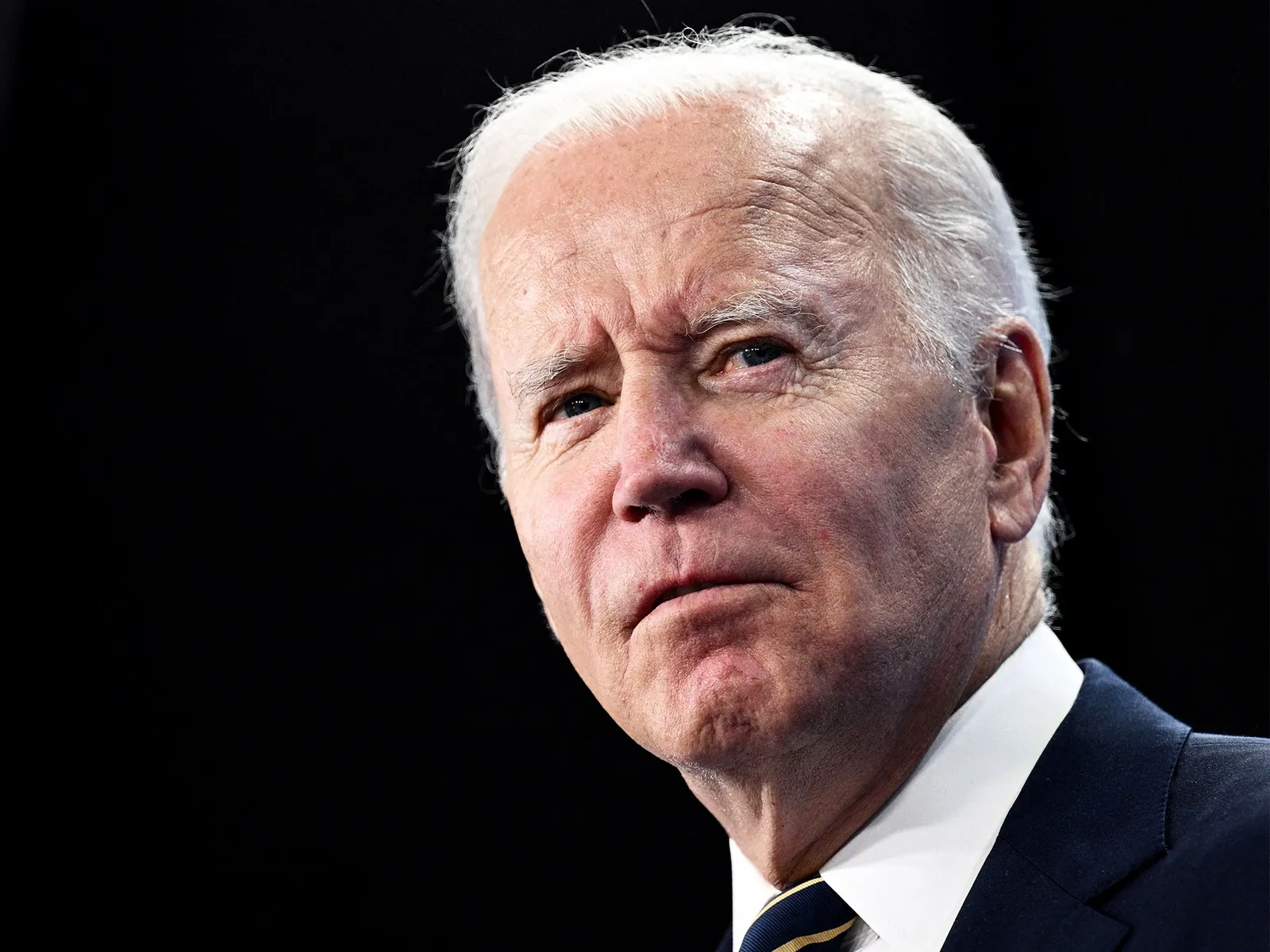As one of his final acts in the White House, President Joe Biden took a powerful step toward justice by addressing a century-old wrong inflicted upon Marcus Mosiah Garvey, a towering figure in the history of civil rights and Black empowerment. Garvey, a Jamaican-born activist, rose to prominence in the early 20th century as the founder of the Universal Negro Improvement Association (UNIA), an organization dedicated to the economic, social, and political advancement of people of African descent around the globe. His vision of Black self-determination, economic independence, and the establishment of a homeland in Africa inspired millions and laid the foundation for the modern Pan-African movement.da
However, Garvey’s bold rhetoric and growing influence also made him a target of the U.S. government. Under the direction of FBI Director J. Edgar Hoover, who openly referred to Garvey as a threat to the social order, federal authorities launched a campaign to discredit and dismantle the UNIA. This culminated in Garvey’s 1923 conviction for mail fraud—based on tenuous and highly disputed evidence related to the Black Star Line, a shipping company he established to promote Black-owned enterprise and international trade. Many historians believe the trial and conviction were racially motivated, part of a broader effort to silence Garvey and undermine his movement. Despite his conviction and subsequent deportation to Jamaica, Garvey’s ideas endured, profoundly influencing leaders such as Malcolm X, Martin Luther King Jr., and Nelson Mandela.
In granting Garvey a posthumous pardon, President Biden acknowledged the deep injustices surrounding the case. The decision reflects a recognition of the systemic racism that has long tainted the U.S. justice system, particularly during Garvey’s era, and serves as a symbolic gesture of reconciliation. Advocates of the pardon argue that clearing Garvey’s name is not only an act of justice for an individual but also a way to honor the legacy of a leader who empowered generations of marginalized communities.
The pardon comes after years of advocacy from scholars, activists, and descendants of Garvey, who have long championed the clearing of his name. Biden’s action signals a willingness to confront uncomfortable truths about the past and take meaningful steps to address them. While it cannot undo the harm caused by Garvey’s conviction, the pardon is a reminder that the pursuit of justice is an ongoing process—one that demands accountability and courage, even decades later.


